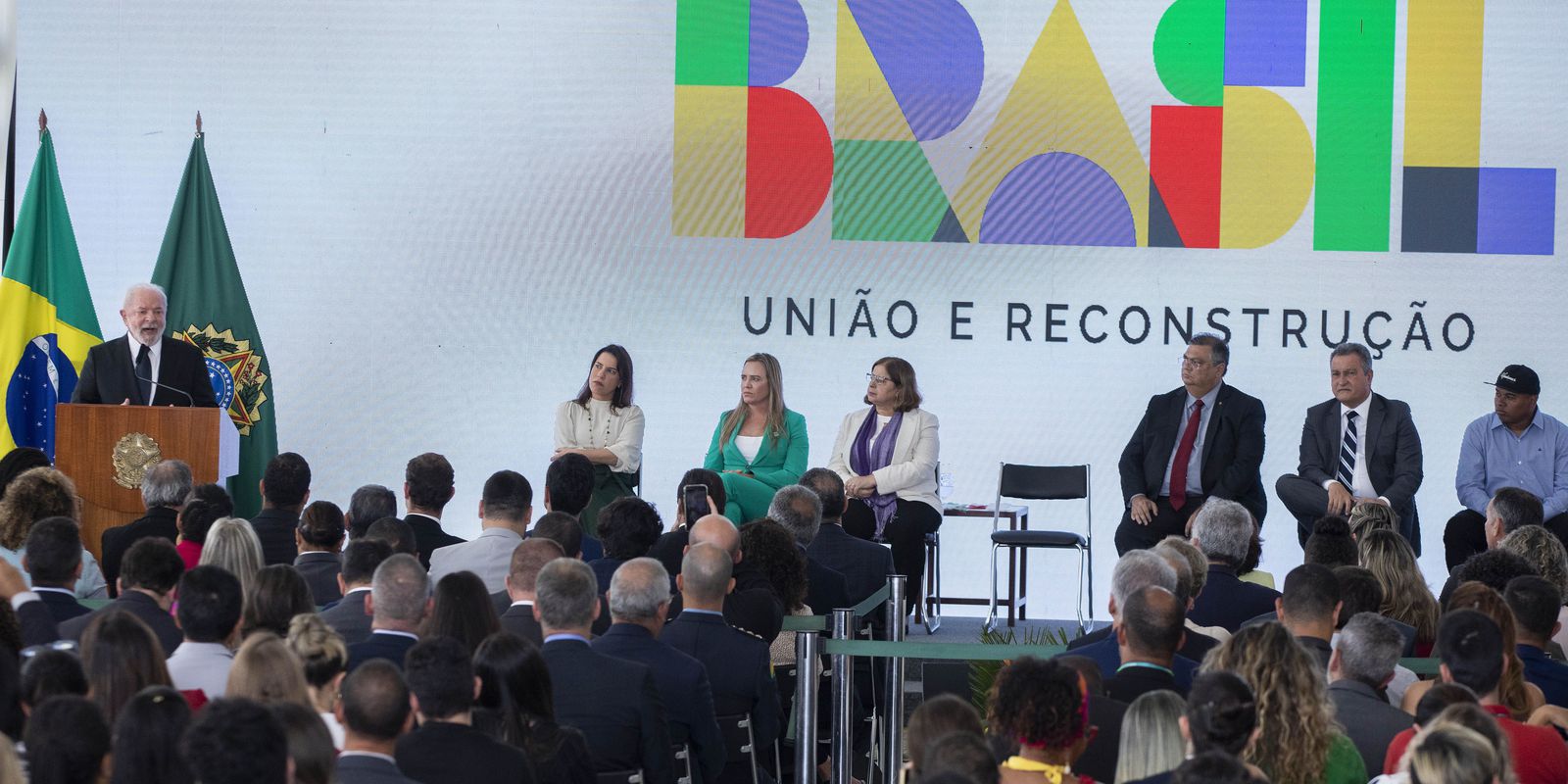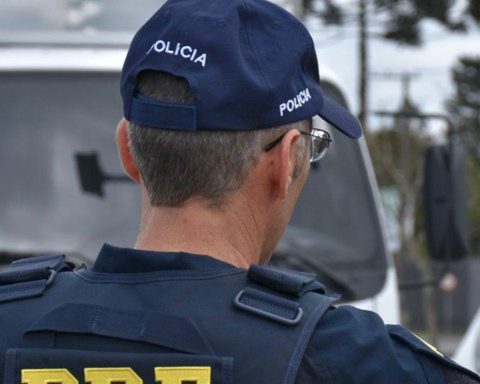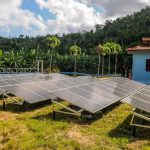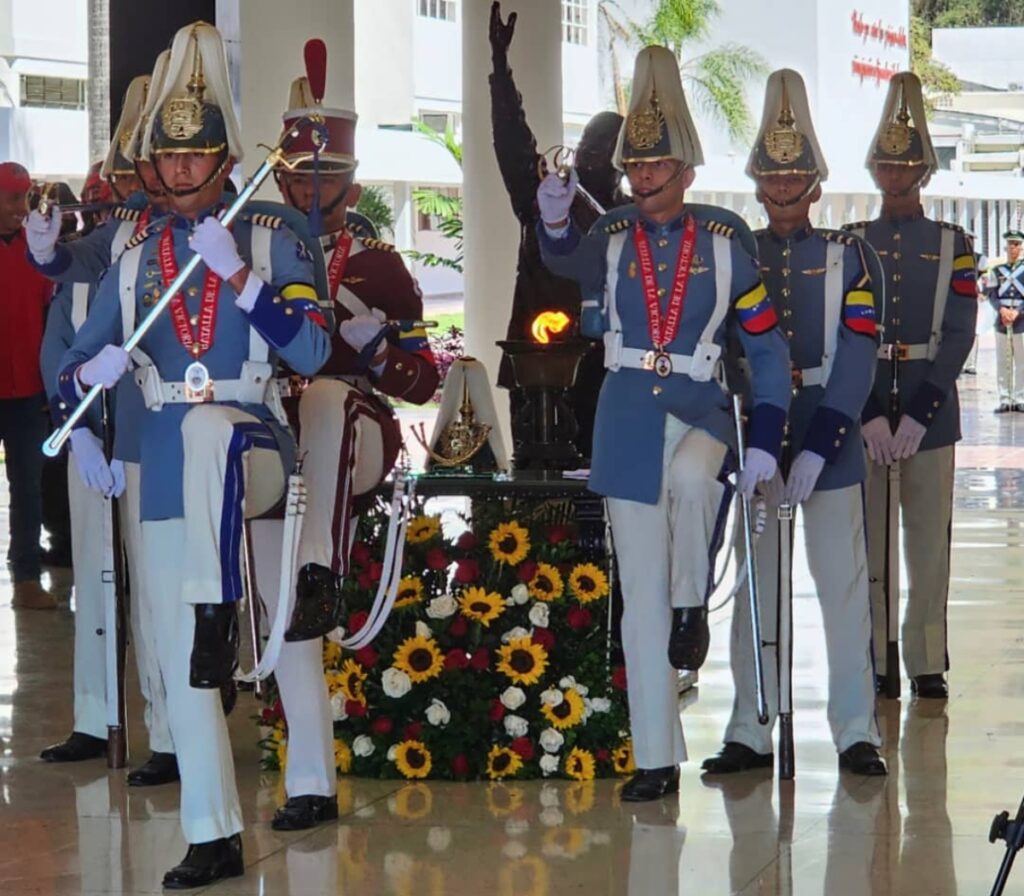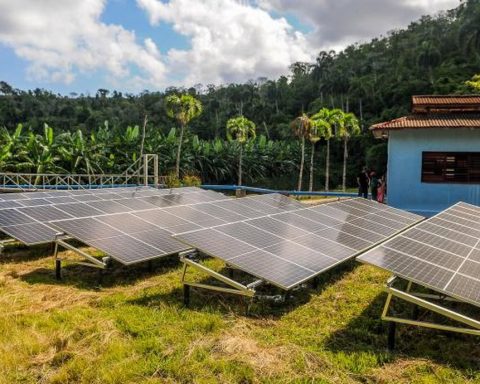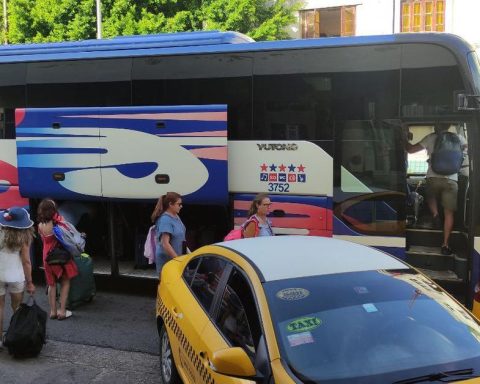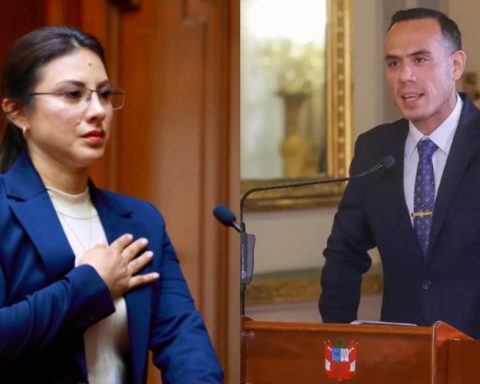The National Program for Public Security with Citizenship (Pronasci) was relaunched this Wednesday (15) by the federal government and already has R$ 700 million planned for investment in social actions of public security, prevention, control and repression of crime.
In a ceremony at the Planalto Palace, President Luiz Inácio Lula da Silva explained that Pronasci strengthens the security area by ensuring the presence of the State not only with the police, but with actions to promote citizenship.
“With the recovery of this program, we pass on to society the idea that the role of the State is to take care of people, before committing any crime, but to take care after the person commits it in the perspective of making that person live together again social and quiet.”
“Above all, we have to work on the perspective of saving the periphery of this country. It is on the periphery that a large part of our youth lives, a large number of people with extraordinary cultural and professional potential who are unable to survive because they are taken by surprise by a stray bullet or are caught by a police occupation,” said Lula.
Pronasci is structured around five priority axes and establishes social policies and actions to protect victims of violence by promoting human rights, intensifying a culture of peace, support for disarmament and the fight against gender, ethnicity, sexual orientation and diversity prejudices cultural. Investing in security equipment and services is also part of the program.
“Creating a new police force, even taking advantage of the current police officers, and training them to have more access to intelligence so that they are more qualified professionals will help us not to have the notion that the solution is just to arrest the citizen”, said the president .
The axes of Pronasci are aligned with the National Public Security Planwhich aims to reduce the homicide rate to below 16 deaths per 100,000 inhabitants by 2030, in addition to reducing rates involving violent deaths of women and bodily injury followed by death.
“We believe that this set of actions will guarantee the reduction of violence and greater integration between social policies and police actions”, said the Minister of Justice and Public Security, Flávio Dino.
historical record
According to the Brazilian Public Security Forum, lethal violence in Brazil reached a historic record in 2017, when more than 64,000 people were murdered and the mortality rate reached 30.9 per 100,000 inhabitants. Since 2018, the country has reduced the rate of intentional violent deaths annually, reaching to 22.3/100 thousand inhabitants in 2021.
“Pronasci builds a notion that it is by strengthening security agents and equipment, but also by ensuring that the population has access to education and culture, that we will guarantee that the violence and crime rates in the country will decrease”, explained the program coordinator, Tamires Sampaio.
Originally instituted in 2007, during the second Lula administration, Pronasci is carried out by the Union in cooperation with states, the Federal District and municipalities, through programs, projects and actions of technical and financial assistance. The new Pronasci includes prevention and tackling violence against women and combating femicide.
The other four axes of the program deal with the promotion of public security policies with citizenship in territories with high levels of violence and with more vulnerable social groups; promotion of citizenship policies focused on work and formal and professional education for prisoners and former prisoners; support for victims of crime; and, finally, the fight against structural racism and all the crimes derived from it, with affirmative actions for the black population combined with the fight against poverty, hunger and inequalities.
Violence against women
Pronasci 2 focuses on strengthening the structure for the repression of gender crimes, with the implementation of 40 new Casas da Mulher Brasileira, which are shelters for victims of domestic violence. R$ 344 million will be invested with funds from the National Public Security Fund for the construction of the units, which should be delivered by the end of next year. Currently, there are only seven of these houses in operation in the country.
270 vehicles will also be delivered to the Maria da Penha patrols and the specialized Police Stations for Women, in a total amount of R$ 34 million. The vehicles will be directed to the states proportionally, considering the indicators of violence. According to Minister Flávio Dino, by the end of the year another 230 vehicles will be delivered. “They allow protective measures to get off the ground. They make the Maria da Penha Law effective”, he explained.
There is also a forecast for an announcement of BRL 4 million from the National Secretariat of Public Security, of the Ministry of Justice and Public Security, to strengthen policies to combat violence against women with a focus on municipalities.
According to a survey by the Brazilian Public Security Forum, all forms of violence against women showed strong growth in Brazil last year. The data indicate that 28.9% of Brazilian women suffered some type of gender violence in 2022, the highest prevalence ever seen in the historical series and 4.5 percentage points above the result of the previous survey.
Last week, at an event of celebration of International Women’s DayLula also signed a decree that recreates the Woman Living without Violence programcoordinated by the Ministry of Women and which aims to expand and integrate public services aimed at women in situations of violence.
Among the program’s main actions are the implementation of units of the Brazilian Women’s House and the restructuring of the Women’s Assistance Center – Call 180. On this phone, it is possible to register complaints against any type of gender violence and receive guidance on how to proceed in situations of this type. The service operates 24 hours a day, with free calls from anywhere in the country.
Planned policies
Within the perspective of social reintegration of detainees and reduction of recidivism rates, the new Pronasci foresees increasing the number of prisoners who carry out work and educational activities, as well as improving the conditions for complying with restrictive measures of rights, alternative sentences to imprisonment and penalties deprivation of liberty.
Within the scope of the Professional Training Program and Implementation of Permanent Workshops, a public notice will be issued in the amount of R$ 5 million for workshops to manufacture sanitary pads, bioabsorbents, diapers and panties.
In addition to generating learning and work for people deprived of liberty, the government wants to promote menstrual dignity of people in situations of social vulnerability, with the distribution of these products in the public network, in partnership with the Ministries of Health and Social Development.
The government will also reformulate the Bolsa-Formação, destined to the professional qualification of public security agents of the states, Federal District and municipalities. The initial forecast is for 100,000 scholarships, with a subsidy of R$ 900 paid each month during the course.
It will be made available to candidates who meet the specific eligibility criteria for the course offered by the Bolsa-Formação Program. The courses will be offered by the Ministry of Justice and Public Security and will be oriented towards citizenship education, which combats racism and structural machismo and promotes respect for diversity. The transfer of the Training Scholarship should begin in August 2023.
Article updated at 3:25 pm.
